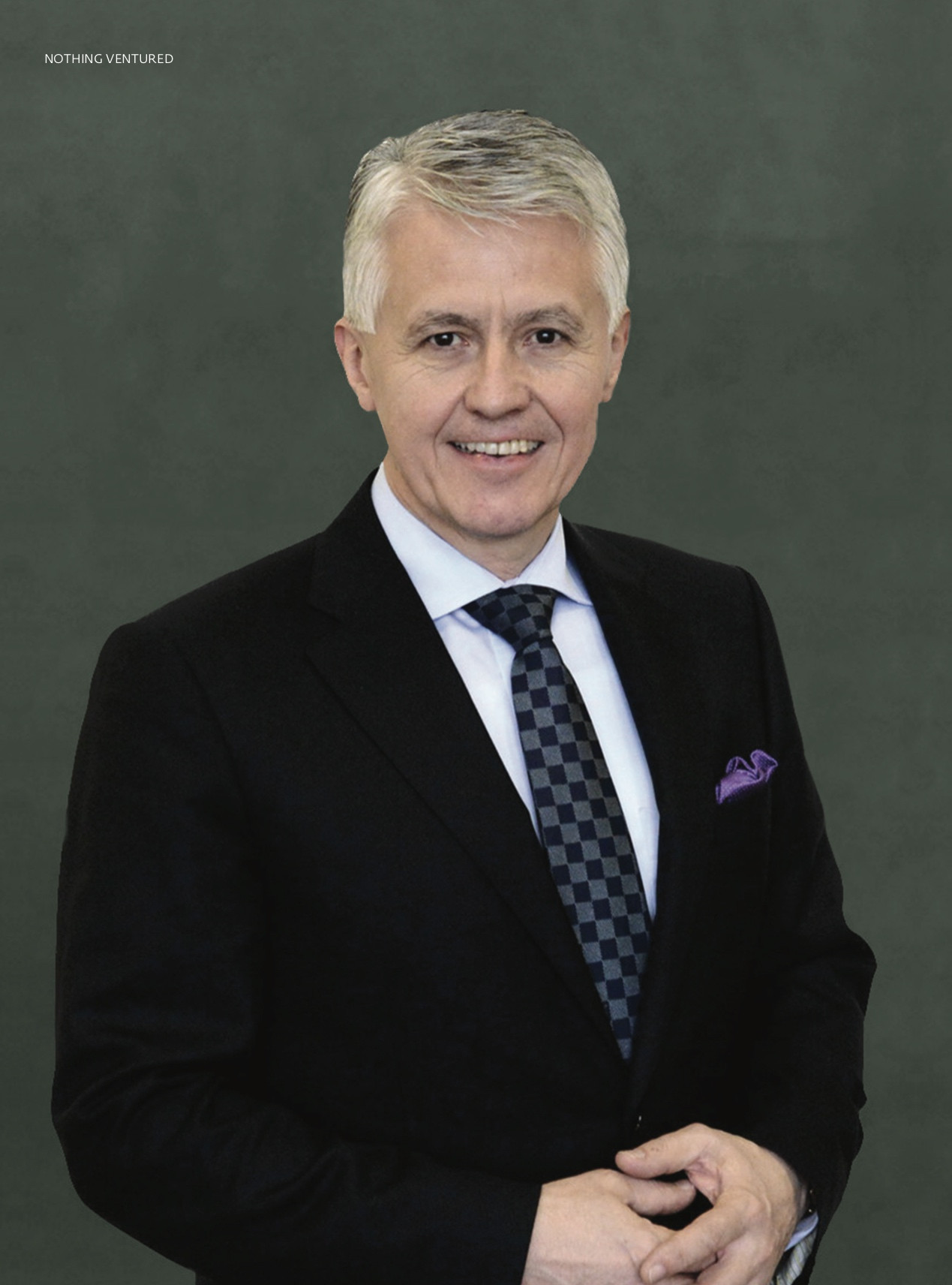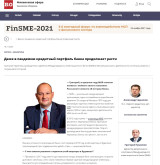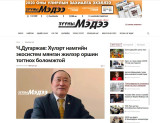Интервью Заместителя Председателя Правления Й.Коллара журналу "Capital Ideas" (стр. 59)
Источник: Capital Ideas Magazine
Интервью Заместителя Председателя Правления Й.Коллара
Jozef Kollar, 56-year-old economist and politician from Slovakia, started working as Deputy Chairman of the Board at the International Investment Bank in March 2016 after the bank opened its first European regional office in Bratislava. Currently, IIB member whose headquarters are located in Moscow, include such countries as Bulgaria, Cuba, the Czech Republic, Hungary, Mongolia, Romania, Russia, Slovakia, and Vietnam. The main activities of this bank are supporting small and medium businesses in member countries and participation in financing of socially significant infrastructure projects. Jozef Kollar discussed with Capital Ideas journal why seeking out touchpoints during “turbulent” times for the world economy is necessary.
When and why have you arrived in Russia?
I arrived in Russia in February 2016. The reason why is fairly simple. My past career’s focus was on a combination of economics (Academy of Sciences), leadership, banking industry in a multinational environment (CEO of an Austrian commercial bank in Slovakia with shareholders from Germany, France and Italy) and politics (member of Slovak Parliament, Chief of the State Budget Committee). The logical outcome of all this was that I accepted the offer to be appointed the Deputy Chairman – the official representative of Slovak Republic – in the International Investment Bank, responsible for Treasury and Funding.
What were your first impressions about Russia?
I am not able to talk about Russia as a whole since I spend most of my time here in capital city Moscow. I am aware that Moscow is not the synonym for Russia and Russia is not the synonym of Moscow. Nevertheless, Moscow as most populous city in Europe, has the same pros and cons like any other metropolis in the world.
I am not a fan of traffic jams, short and dark winter days but I love cross-country skiing and ice skating in the numerous city parks, biking down the Moscow river banks, museums and galleries.
How does Russia differ from your Motherland, are there any things our countries have in common?
What comes to mind first is that Russia does differ from Slovakia in size – it is 350 times bigger – but there is something we have in common and that is an excellent national ice hockey team. At the Pyeongchang Olympics, only one team managed to win over Russia, guess who? Slovakia!
What would you say about “Russian way of doing business”?
Difficult question since IIB conducts business in nine different jurisdictions in three different continents. Perhaps the biggest challenge is the rule of law and law enforcement. This is something that all countries struggle with in some shape or form but the key issue is to what extent that is. If you exceed the acceptable levels the whole economy can suffer as a result.
Do you think – and why if so – that foreign businessmen are interested in doing business in Russia?
Nowadays the whole world economy is experiencing particularly turbulent times and many countries are facing some serious challenges. In my opinion, in order to be able to attract foreign direct investments, being closely involved in the global economy, being ready for fourth industrial revolution – and its exponential speed – is an absolutely crucial requirement. I am not a believer in “island solutions” and am certainly closer to the philosophy of “together when possible, alone only when needed”.
Which business is apply for funding to IIB most?
First of all we have to take into account the unique composition of IIB member states. And it is obvious that in our countries we see different requests.
In more developed countries like Czech Republic, Slovak Republic and Hungary more often we see requests from exporters to support their operations in IIB member states. And here it is worth mentioning IIB Trade finance program aimed at exactly this goal. Very proud to mention that IIB’s TFSP (Trade Finance Support Program) was recognized as the best in the Asia Pacific Region among development banks in 2017 by the Association of Development Financing Institution in Asia and the Pacific (ADFIAP).
Another type of projects are related to long term funding addressed to investment needs of the existing companies.
In more risky countries like Mongolia or Vietnam we see demand for SME support financing that is provided through on lending with the help of local financial institutions.
In Russian Federation given the size of the country requests are very different: from renewable energy to waste management.
Which industries, in your opinion, are the most prospective to receive funding?
All industries excluding prohibited practices (like gambling, tobacco or alcohol) are prospective for IIB if the risk quality is acceptable for the bank and we see the positive social impact of the project.
Representatives of which industry usually receive it?
IIB loan portfolio is very well diversified both in the term of industries and countries. As of the end of 2017 in the loan portfolio industry diversification was the following (top 5): Financial sector (Banks and Leasing companies) 48%, Main Industries 18%, Energy 14%, Transport 6%, Mining 6%.
How is the Bank's loan portfolio distributed among member countries, by the amount of allocated funds? How many applications received?
As of the end of 2017 all member states are presented in the Loan portfolio. EU-countries haves the largest share 41%, RF 25%, Mongolia 9%, Vietnam 4%, Cuba 7% and, other so called 3rd countries 14%.
What personality traits should a foreigner possess to be successful in Russia?
Infinite patience.
What would your advice be for your compatriots – businessmen who are planning to do business in Russia?
To keep in mind that the times of get-rich-quick are gone.
What are you plans for the next 10 years? How do you see your business in 10 years?
It is my vision that IIB shall become a full-fledged multilateral development institution, fully comparable with the IFI reference group and completely integrated into the community of supranational development institutions. The main goal of the bank’s activities will be to continue making valuable contributions to the long term sustainable and inclusive development of its member states. Let me express my personal wish that IIB manages to “get out of the box” of former COMECON group of countries.
What are the things you would like to be changed here to make your business more effective and fruitful?
The answer is partially hidden in my previous responses. IIB, as a multilateral development institution, enjoys a special status. We are not subject to the banking licenses and we are not supervised by the local financial authority. However the local economy needs key structural reforms to be able to boost its competitiveness and productivity.
Do you miss your country? What are the things you miss most?
Yes I do for obvious reasons, as my family has grown recently and we now have two grandchildren. Fortunately, air travel makes distances shorter in this day and age and this makes it more bearable for me.
What were the main difficulties you have met with here? Any unexpected positive things that make you appreciate living here?
I would say the common struggles that one experiences in any other place in the world, like crossing the street seems to be more dangerous here than elsewhere. Among the unexpected positive things I would mention the professional skills of the local staff at our bank.
What are you dreaming about?
I imagine all the people, living life in peace. I am dreaming that my children surpass me during my lifetime. A dream that is almost fulfilled already. ■


